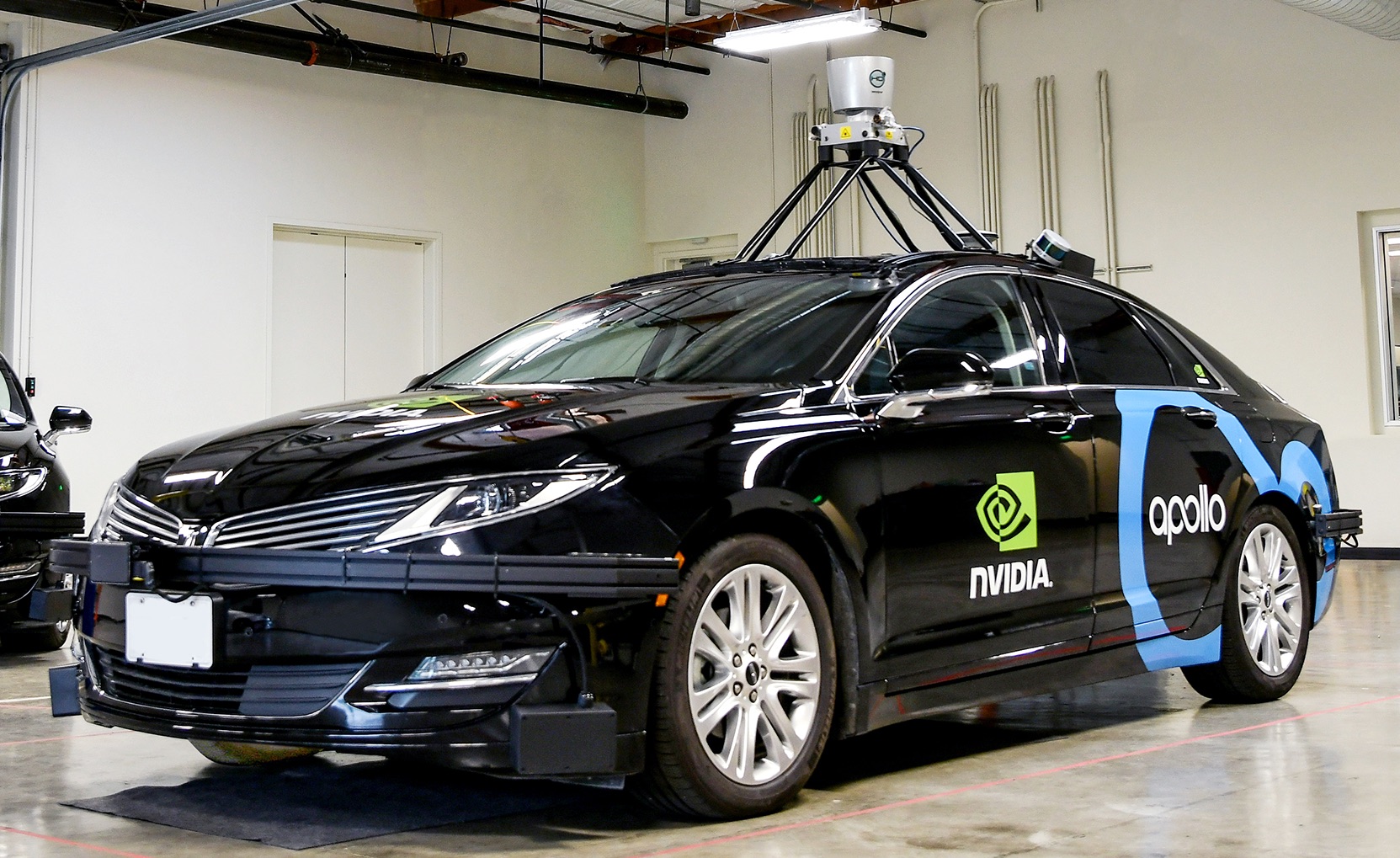
One of the first big announcements of CES 2018 came from Nvidia, which, along with an impressive gaming- and display-focused booth at the trade show, has launched an autonomous vehicle AI project. Designed for use in China, the AI autonomous vehicle platform announced on Sunday, Jan. 7 includes the Nvidia Drive Xavier processor, the ProAI car computer from ZF Freidrichshafen AG, and the Apollo Pilot driving platform from Baidu.
“Our scalable and modular approach enables us to upgrade to our new ProAI based on NVIDIA DRIVE Xavier, and integrate the Baidu Apollo Pilot. Our second generation ZF ProAI could be customized accordingly and scaled up with a Xavier board, which is available to be implemented,” said Torsten Gollewski, senior vice president of Advanced Engineering at ZF Friedrichshafen AG, in a press release.
“NVIDIA and Baidu have pioneered significant advances in deep learning and AI together over the last several years,” said Nvidia founder and CEO Jensen Huang. “Now, together with ZF, we have created the first AI autonomous vehicle computing platform for China.”
The Nvidia Drive Xavier leverages deep learning at trillions of operations per second, while drawing only 30 watts of power. System integration with sensors including visual cameras, lidar, and radar is powered by the Xavier-based ProAI, which also locates the car and plots its course. Nvidia says the platform can scale its capabilities from Level 2 automated driving to level 5 (complete autonomy) depending on the need of the vehicle manufacturer.
Zhenyu Li, vice president and general manager of Baidu’s Intelligent Driving group, placed the project in the context of China’s push for mass production of autonomous vehicles. Production vehicles using the Nvidia-based system are expected to hit the roads there in 2020.
China currently makes up 30 percent of the global passenger vehicle market.

